Tag: Communism


The Soviet Union’s terrible legacy on democracy and minority rights
February 7, 2024 | Post
Since they first seized power, Soviet leaders have claimed their “democracy” to be the best in history. However, their understanding of democracy differs significantly from that of the United States and other Western nations.
This second piece of a series addressing myths about the Union of Soviet Socialist Republics (USSR) will focus on the country’s strange legacy on democracy and minority rights.

Socialism is immoral. This Soviet refugee tells us why
October 20, 2023 | Post
The most compelling case for why socialism is immoral comes from someone with first-hand experience. This is the story of a Soviet refugee, one whose experiences and insights lay bare a truth that challenges the very foundations of socialism.
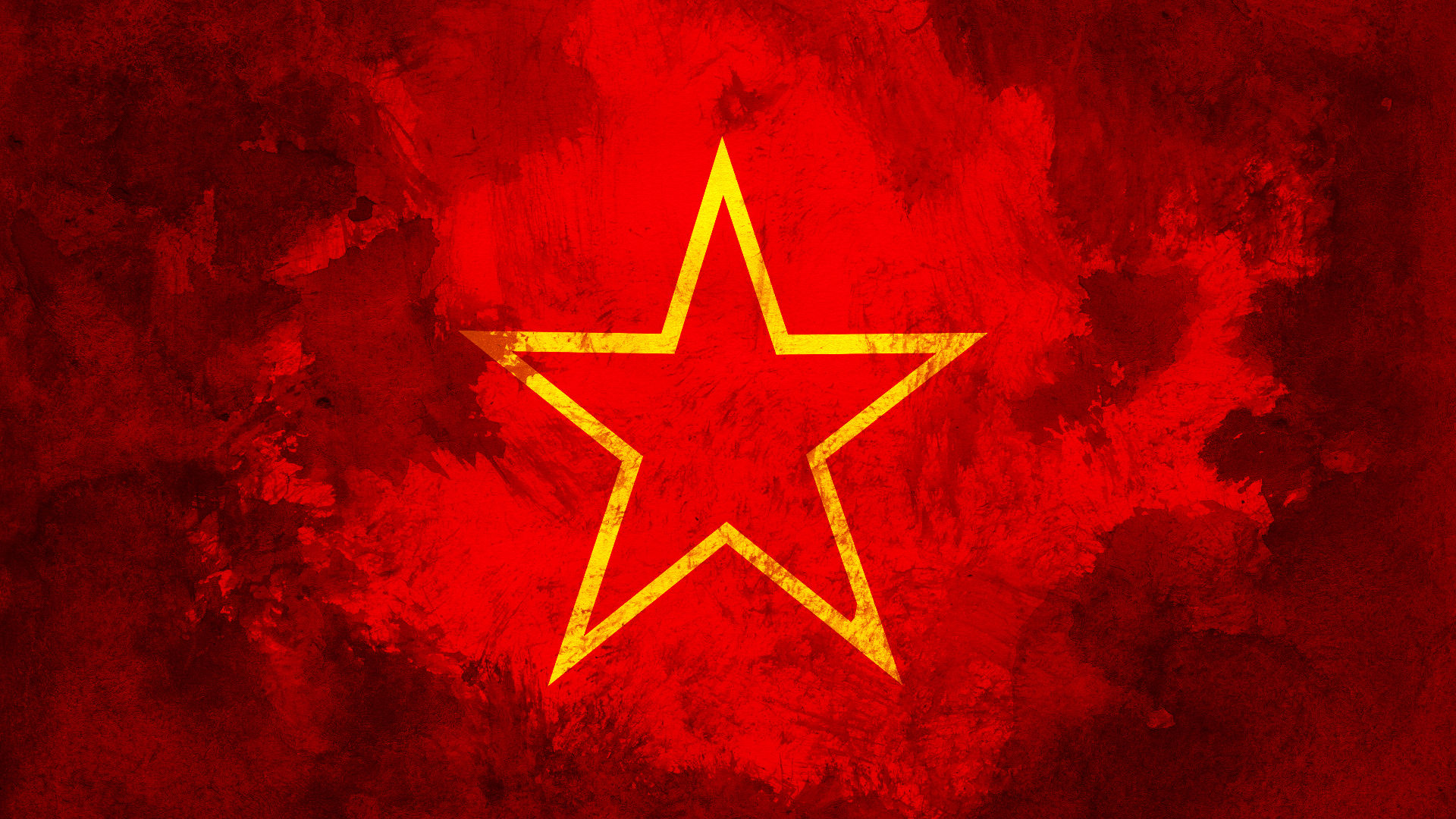
Why is communism still a thing in Portugal?
September 22, 2023 | Post
On March 6, 2021, the streets of several Portuguese cities were adorned with communist flags and other decorations. These scenes looked like they were straight out of the Soviet Union or perhaps a present-day communist country. In reality, though, we’re talking about cities like Lisbon or Porto. But why is communism still a thing in Portugal?
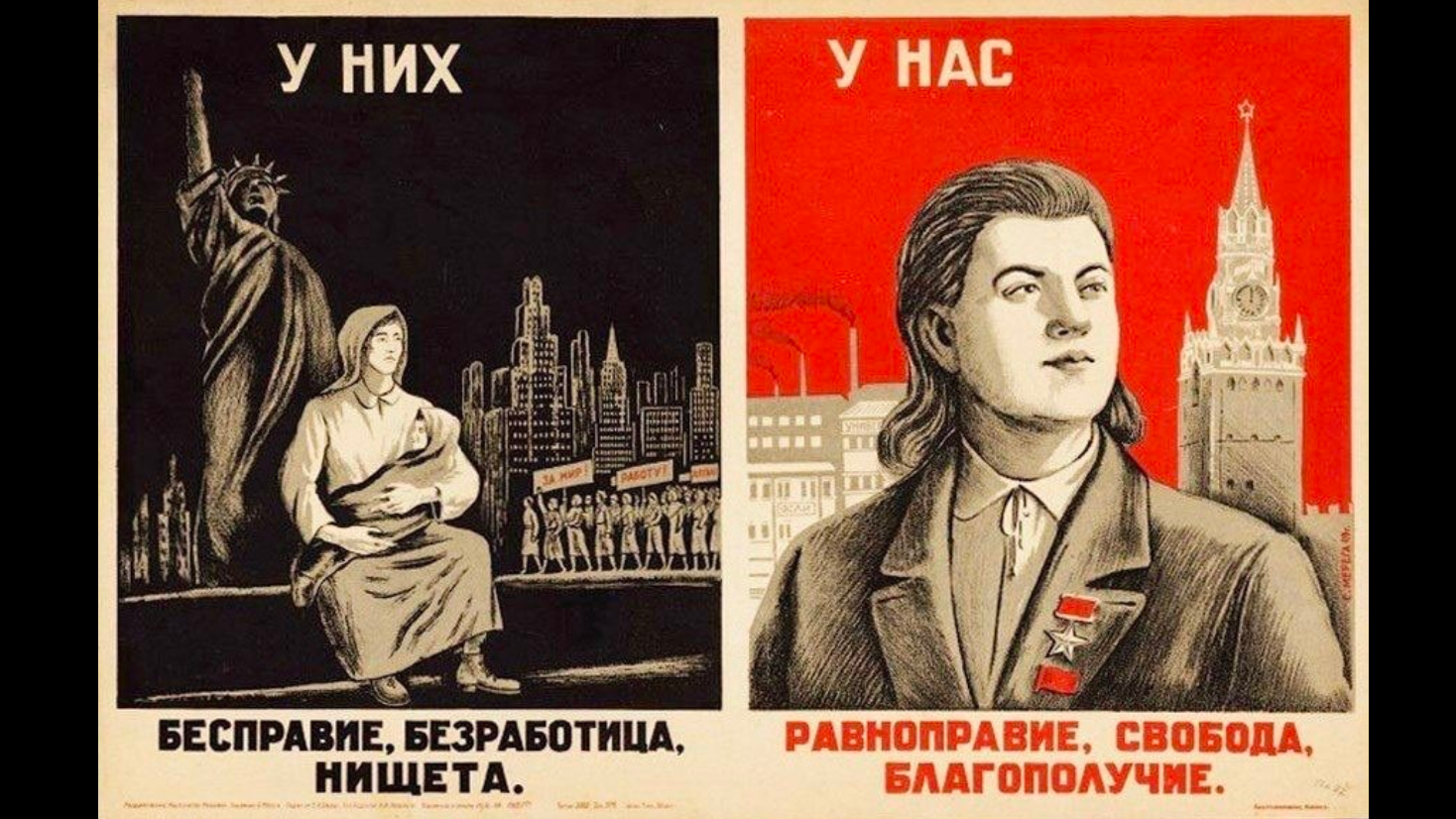
Don’t be fooled, life in the Soviet Union was awful
June 5, 2023 | Post
In this first piece of a series addressing myths about the Soviet Union, we will focus on the issues of poverty, inequality, and quality of life…
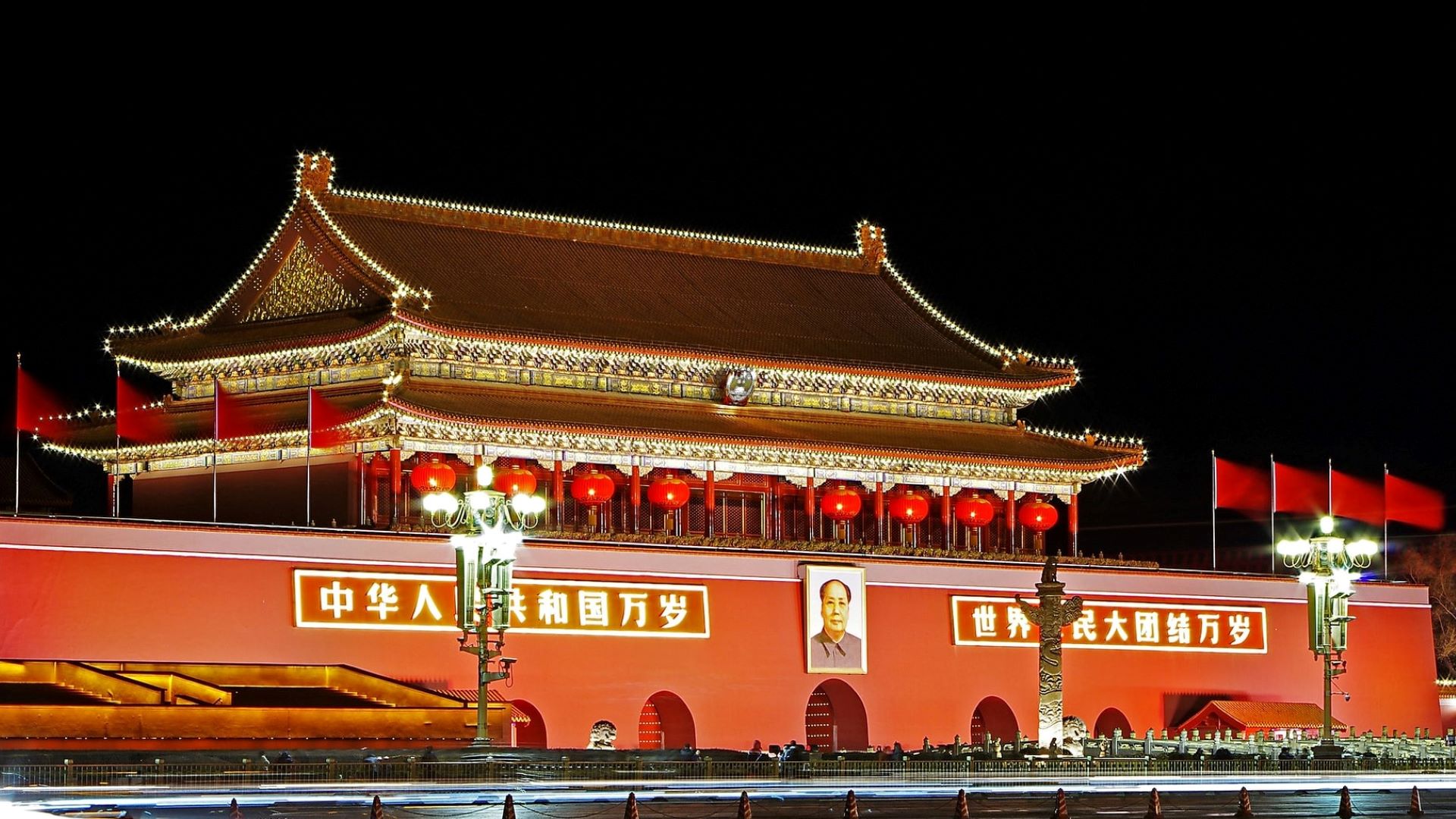
China’s authoritarian export: the technocratic menace and global ideological battle
June 4, 2023 | Post
The Chinese regime inherently rejects the ideas and values of individual liberty, meaningful economic freedom, transparency and human rights

Debunking 8 Myths about USSR
May 10, 2023 | Video
Somehow, the USSR still has its supporters — and they likely believe one or more myths about Soviet Russia. In this video, we debunk 8 myths that linger about the Soviet Union, even now, more than 30 years after the fall of the Berlin Wall. Also cited are these videos: NIMBYism vs. Gentrification: The Truth […]
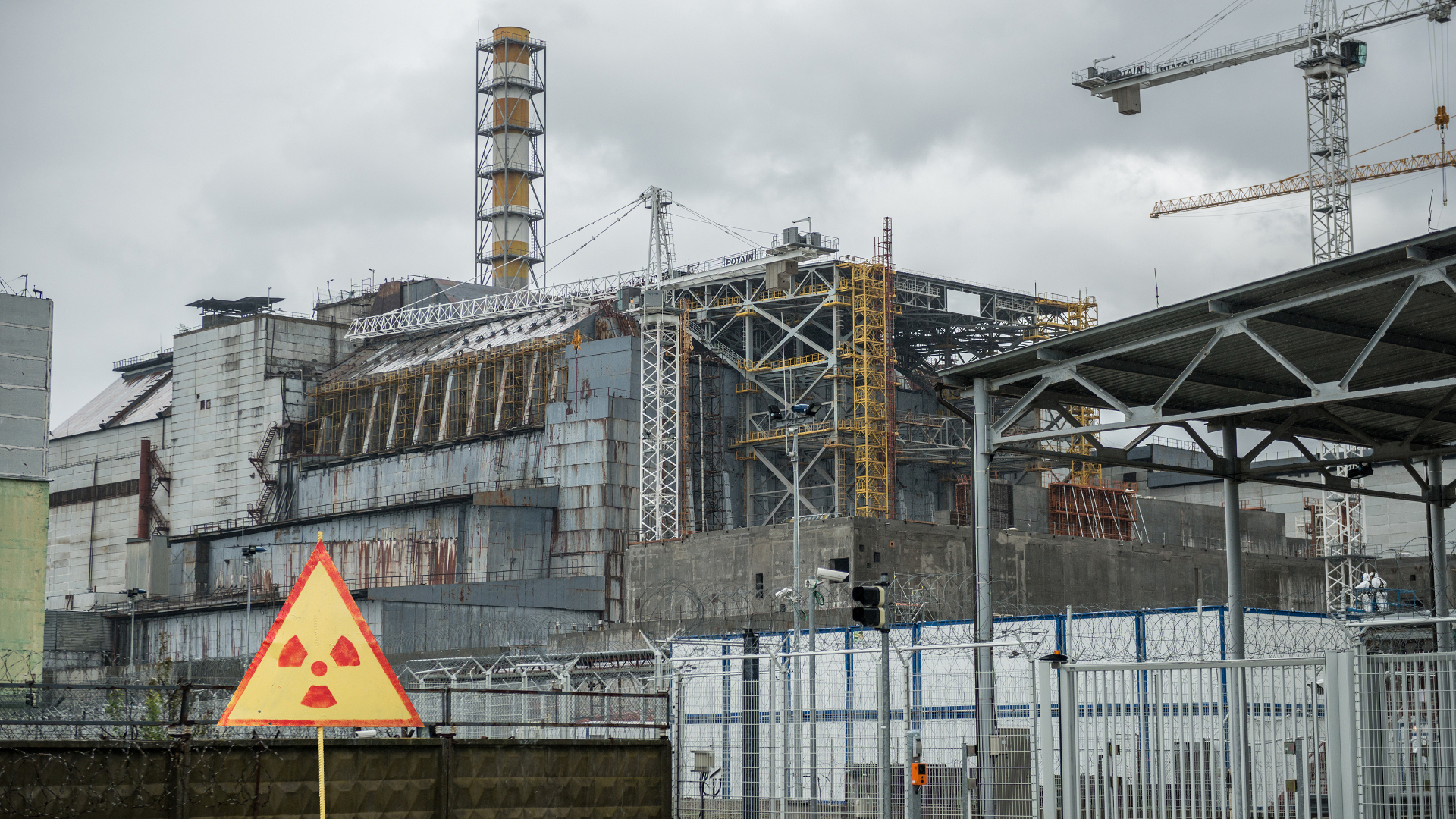
Is Covid China’s Chernobyl?
April 4, 2023 | Post
Just as COVID has changed our lives in many ways since 2020, Chernobyl changed the world in 1986. These were two great disasters emanating from two major communist nations. The results and consequences of both will affect us for a very long time, maybe even forever.
As many will know, Chernobyl was instrumental in accelerating the end of the Soviet Union and is critical to our understanding of this period. However, could COVID be the key to understanding, in the future, perhaps, the end of Communist China?
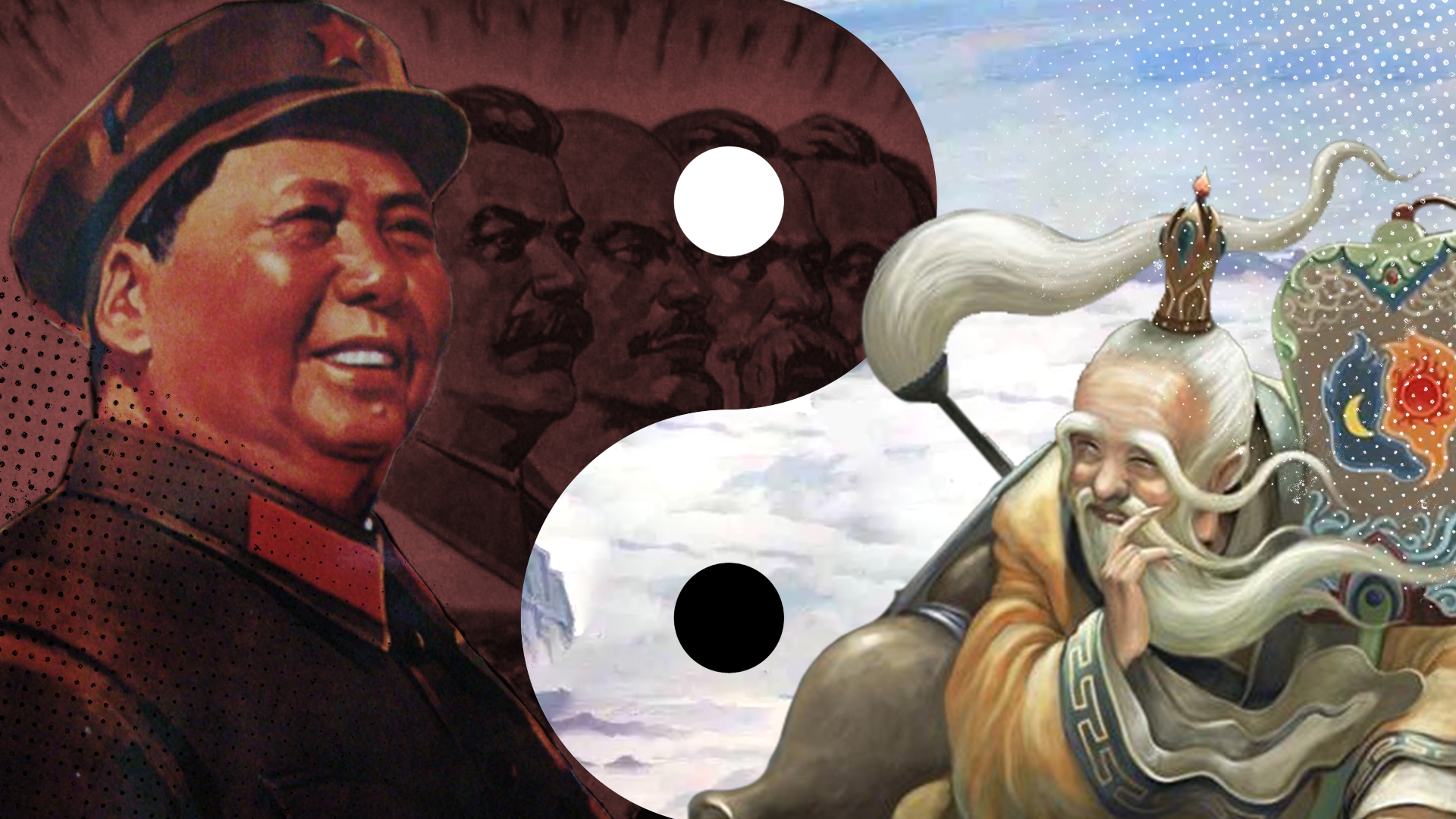
How Communism Twisted Ancient Chinese Wisdom
October 1, 2022 | Video
It’s a shameful anniversary: October 1, 1949 is the date the People’s Republic of China was founded. Ever since, a country steeped in a tradition of philosophical wisdom has been put through the torture chamber — literally and figuratively — of communism. It raises the question: how did communism take root? The answer lies in […]
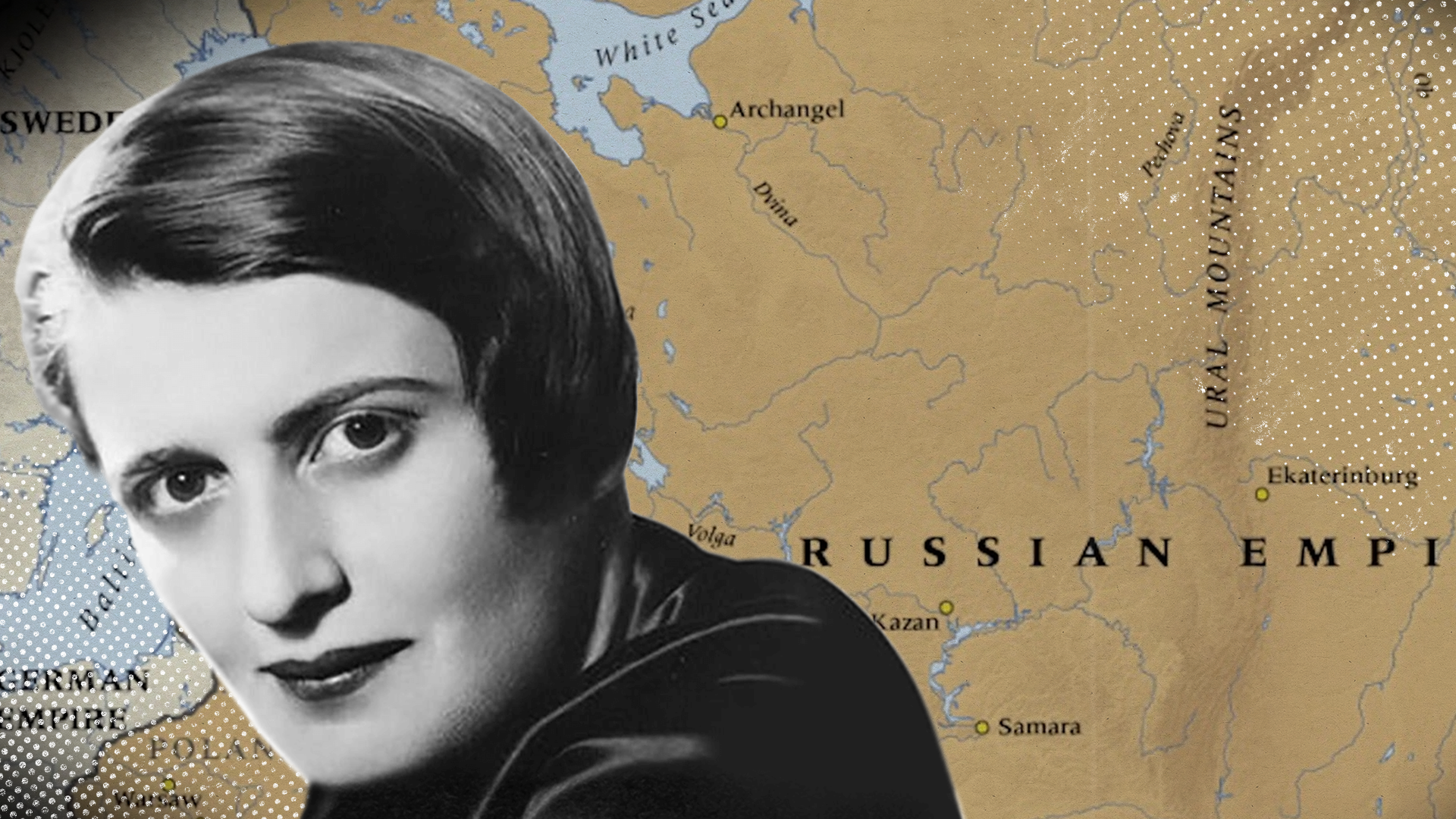
The History of the Philosophy of Objectivism
August 18, 2022 | Video
It was at the ripe-old age of 12 that Ayn Rand first heard the Communist principle that Man must exist for the sake of the state. That’s what started it all. Rand’s writing and her philosophy, Objectivism, were direct responses to that immoral idea — and they have touched hundreds of millions of lives. Rand’s […]
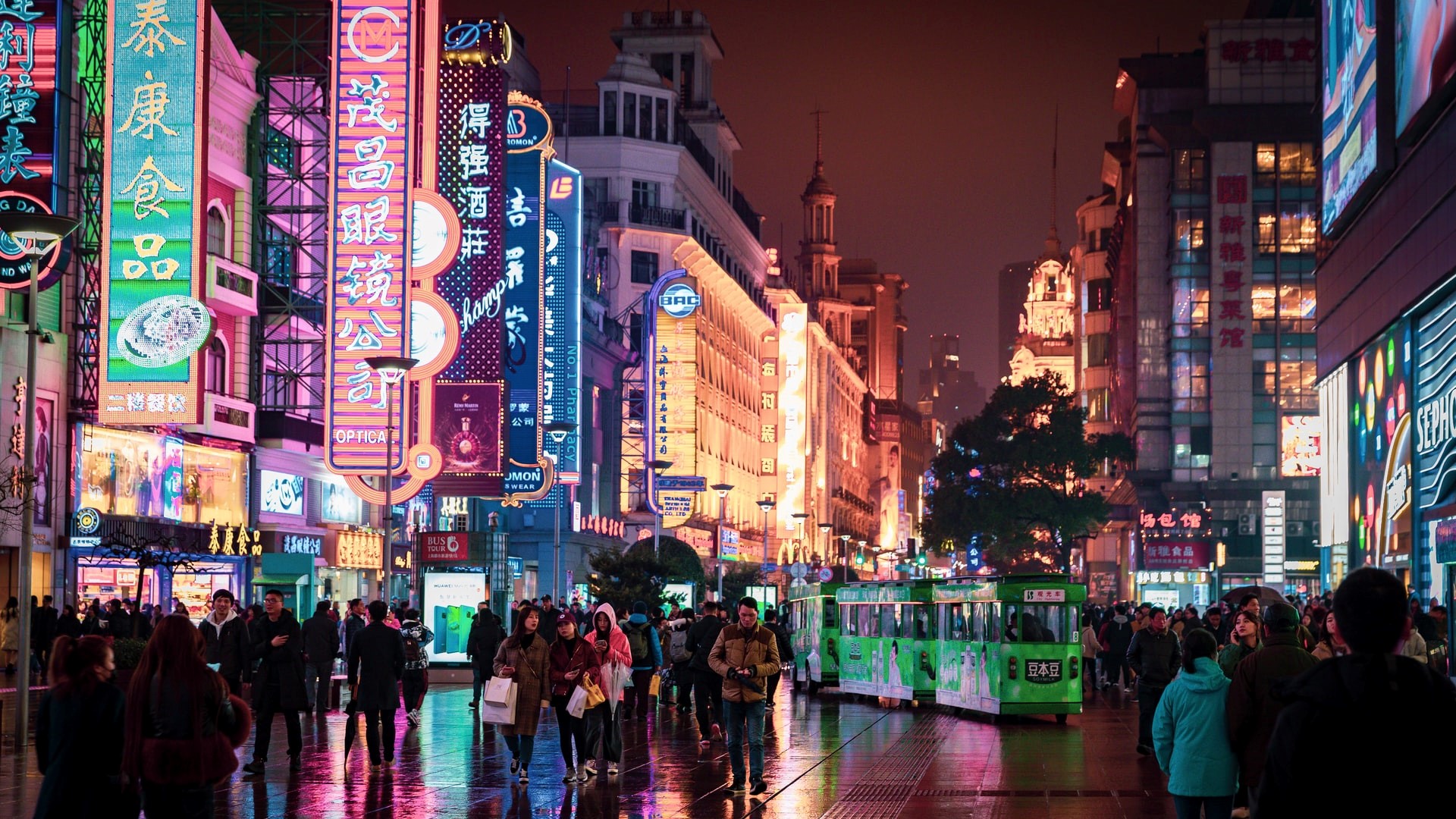
Checking in on China: why hard times lie ahead
July 15, 2022 | Post
The past couple of decades may have suggested that China’s competent, authoritarian style of governance may be an alternative model for the world. However, the regime is now faced with the consequences of its actions with a slim off ramp to preserve progress and power at the same time.

The Prague Spring: planting the seeds of freedom
April 6, 2022 | Post
The Prague Spring of 1968 has a legacy that proved influential in the downfall of the Eastern Bloc a generation later, and continues to inspire to this day.

Marxism in Latin America: A Brief History
December 28, 2021 | Video
The history of Marxism (and its offspring, Communism) in Latin America is a sordid one. Many of its brutal dictators, including Fidel Castro, Hugo Chavez, and Pedro Castillo, have used the Marxist doctrine as a stepstool to power. But, as this video argues, those dictators only succeeded in plunging their countries into poverty — as Marxism promises to do anywhere its ideas are adopted.

Zora Neale Hurston: a genius of the south and anti-imperialist voice
March 30, 2021 | Post
Within and beyond her literature, Zora Neale Hurston was an outspoken anti-communist who opposed both the New Deal and interventionism abroad

Turning away Cuban refugees is a victory for Cuba's dictatorship
January 13, 2017 | Post
For 50 years, America has offered an escape hatch for victims of the Castro regime; now President Obama is slamming it shut.

How Castro Is Like The Minimum Wage
November 30, 2016 | Post
In my mind, then, Castro is a lot like the minimum wage: something we must stubbornly decry even though there are far greater ills in the world.
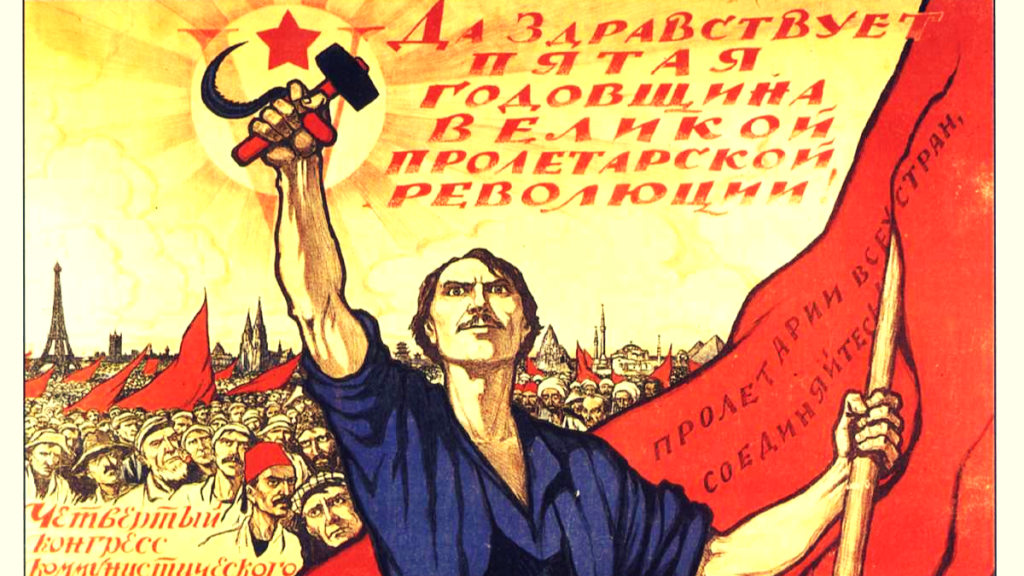
How schools and the media cover up communist crimes
November 21, 2016 | Post
An astonishingly high percentage of millennials do not know who communist leaders like Mao Zedong and Vladimir Lenin were.
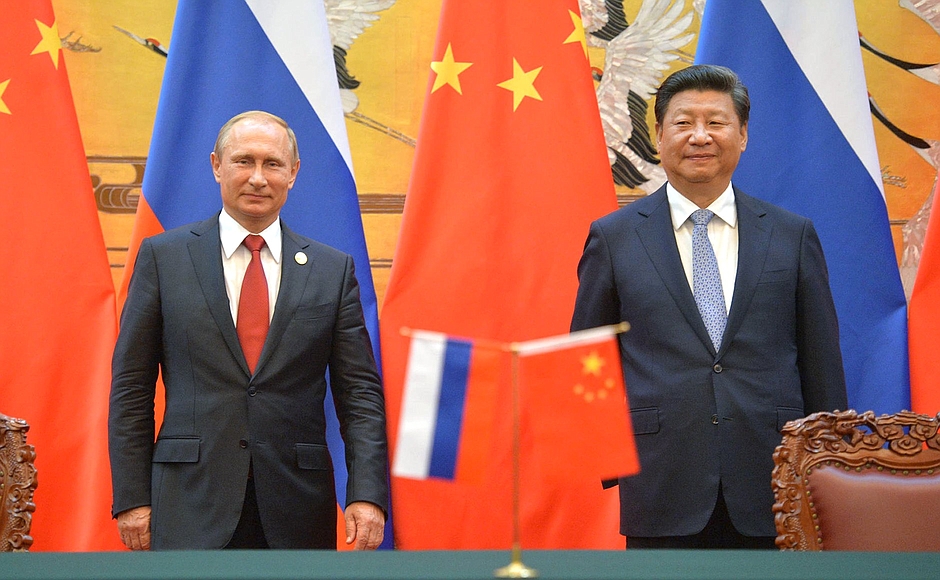
The history of Red China should serve as a warning about today
October 1, 2016 | Post
Mao Zedong, glorified creator of the PRC slaughterhouse, is considered responsible for the death of over 70 million fellow Chinese citizens during his reign. The carnage was for various reasons: state-enforced relocation, implementation of various socialist schemes, mass pogroms against citizens possessing counter-revolutionary tendencies and, sadly, the worst famine in human history.

